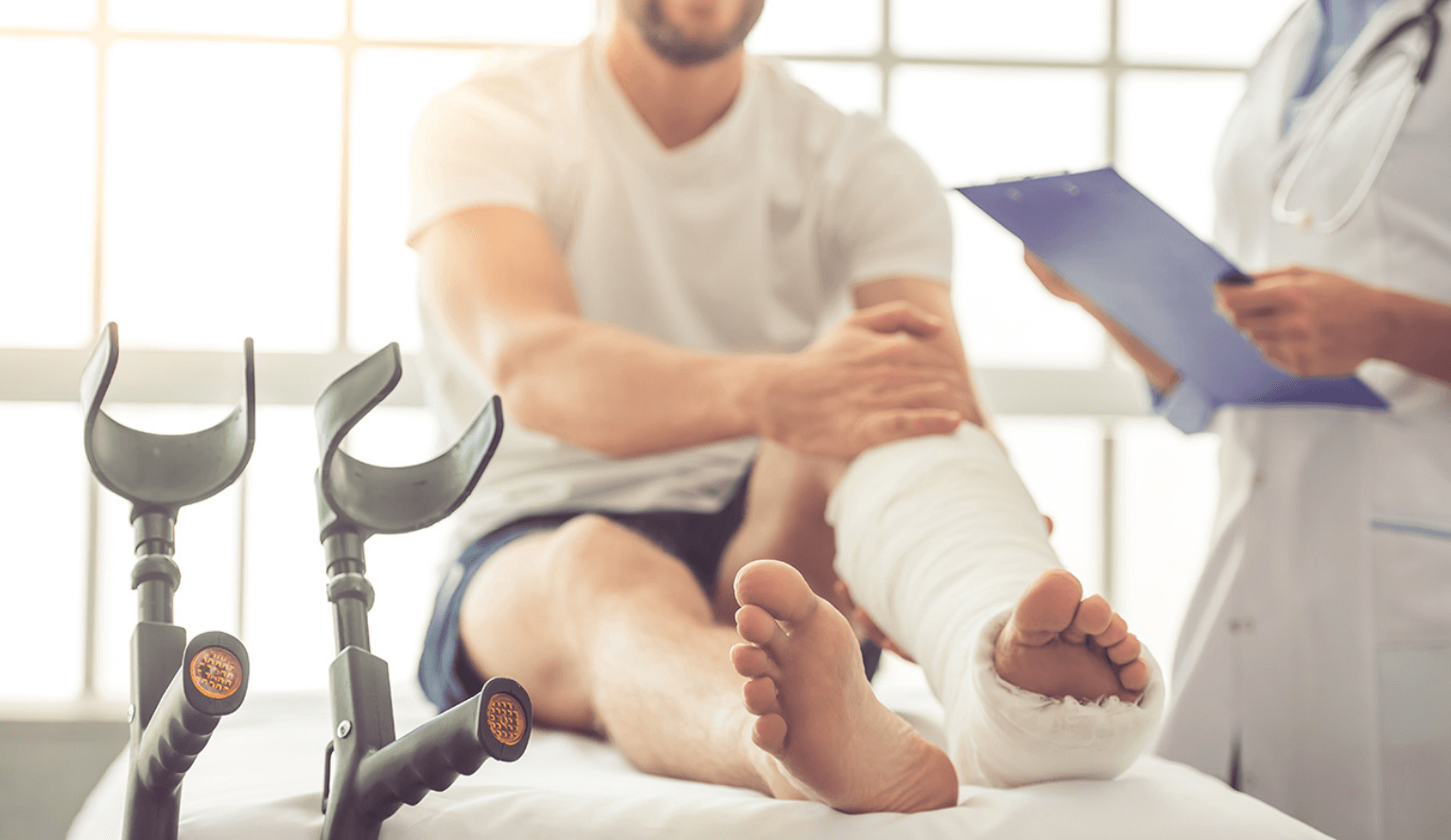- August 27, 2018
- Car Accidents
- Personal Injury Law

Social media is becoming an increasingly intertwined part of our everyday lives. Every day it seems like more and more of us are posting or scrolling through our Facebook feeds all day long, cataloging our lives and experiences to share with those around us. When something noteworthy happens, we’re quick to post it on Facebook for advice, feedback, or recognition. Unfortunately, there are scenarios where this behavior can cause major problems, such as posting about the details of a recent car accident. For a variety of reasons, Attorney Denton recommends that you resist the urge to share sensitive information about your car wreck on social media.
Posting About Your Car Accident On Facebook.
When we talk to new clients about their car accidents and are answering their questions about what to do (and what not to do), people often ask whether it’s OK to post on social media or not. Many people don’t even think to ask, unaware that they are potentially risking their claim by sharing sensitive personal information on a public platform. Our rule of thumb is DO NOT POST ANYTHING ABOUT YOUR ACCIDENT ON SOCIAL MEDIA. Yes, I wrote that in all caps, sorry to yell. However, it’s really important that you’re aware of how easy it is to torpedo your car accident claim by posting about it on Facebook, even when well-intentioned. Insurance adjusters will often check your Facebook profile to see if anything you’ve posted on there differs from what you told them in a recorded statement about the wreck. Any discrepancies, even minor or seemingly unrelated things, can be held against you in an effort to discredit or diminish your claim.
 Here is an example of how easy it is to hurt your accident claim: Let’s say you post a status update about a car accident you were just in, letting friends and family know that you were in a wreck, but are OK, recovering well, and are thankful it wasn’t worse. Maybe you post a pic of you in your hospital bed with thumbs up to reassure caring friends and loved ones who may understandably be worried on your behalf.
Here is an example of how easy it is to hurt your accident claim: Let’s say you post a status update about a car accident you were just in, letting friends and family know that you were in a wreck, but are OK, recovering well, and are thankful it wasn’t worse. Maybe you post a pic of you in your hospital bed with thumbs up to reassure caring friends and loved ones who may understandably be worried on your behalf.
Fast forward to submitting information about your wreck and your claim to the at-fault insurance adjuster: You were likely unaware in the hours after your wreck about any longer-term injury or delayed onset of symptoms that often accompany traumatic accidents, especially to your neck and back, which can take days to surface. You tell them honestly, in retrospect, that your injuries caused severe pain, activity intolerance, depression, PTSD and other common complications from car accident injuries. Guess what they come back at you with? There’s that picture of you in the hospital, smiling for the camera, reassuring your people that all is OK, as an objective measure of inconsistencies in your story. Now we know this is not fair, or accurate, or arguably even conscionable. But it is, however, how the game is played. And believe me that insurance adjusters know how to play the game. It’s their job to find ways to wiggle out of paying auto claims, and they’re really good at it.
And it should go without saying, it’s not just Facebook you need to be careful of. You must exercise discretion and care when posting to all forms of social media, including:
- Your Blog
- Snapchat
- Google Plus
Changing Privacy Settings or Deleting Your Social Media Profile
Even if you don’t post about your accident directly, many of us have Facebook profile settings that allow others to “tag” us in their posts. So even if you’re being careful about what you say and how, it’s possible that other passengers in the vehicle, family members, or friends can inadvertently post something in an attempt to be helpful that can ultimately throw a monkey wrench in the works. If your friend comes to visit you in the ER and takes a selfie with you, only wanting to help spread the word, ask for prayers etc…, that picture then becomes part of a larger picture of “what actually happened” in the eyes of the insurer who will determine what your claim is worth.
If your Facebook profile is set to public, this means that any adjuster can do a quick google search and collect this information. For this reason, we recommend in the immediate aftermath of an accident that at very least, you change your profile to private (instructions how to do this here), to limit what other people can see when they search for you. Many are resistant to the idea of deleting or suspending your Facebook profile during times like this, but the reality is that even if you’ve set your profile to private, courts can order a subpoena for records of your social media activity, if the insurance company has reason to suspect there may be relevant information stored there. This is why the only true way to be better safe than sorry is to delete or suspend your profile during this phase of your car accident claim. There is a good deal of information here about how subpoenas are used to gather evidence for legal cases.
Once this information is out there on the internet, it is considered public information. No longer details of your private life and personal matters, this info is out there for the taking, because you have chosen to willingly share it on these platforms, and hence, agreed to their terms of service. You can even be accused of destroying evidence if you delete the posts and info after the fact, which is why it is SO important to understand how this works now before you find yourself backpedaling, regretful, or in hot water. This is why Attorney Denton suggests avoiding posting about an accident on social media altogether and making sure friends and family know not to post about your situation as well. It’s just too easy to mess things up in an attempt to be helpful or reassuring.

Contact an Asheville Car Accident Lawyer Today
Attorney Lakota Denton has the experience and resources necessary to fight back against an insurance company who is unwilling to take responsibility for your injuries in an accident that occurred through no fault of your own. Our legal team is standing by to assist you and answer your questions and help ensure that you’re treated fairly. Contact us today for a free consultation.

 Lakota Denton has been practicing in his own firm since 2013, focusing solely on personal injury. He is a member of the American Association of Justice, the North Carolina Advocates for Justice, the North Carolina Bar association, the American Bar Association, the National Trial Lawyers, and was awarded Top 100 Trial Lawyers by the National Trial Lawyers, the 2014 Top 40 Lawyers under 40, and the Avvo clients choice award. [
Lakota Denton has been practicing in his own firm since 2013, focusing solely on personal injury. He is a member of the American Association of Justice, the North Carolina Advocates for Justice, the North Carolina Bar association, the American Bar Association, the National Trial Lawyers, and was awarded Top 100 Trial Lawyers by the National Trial Lawyers, the 2014 Top 40 Lawyers under 40, and the Avvo clients choice award. [